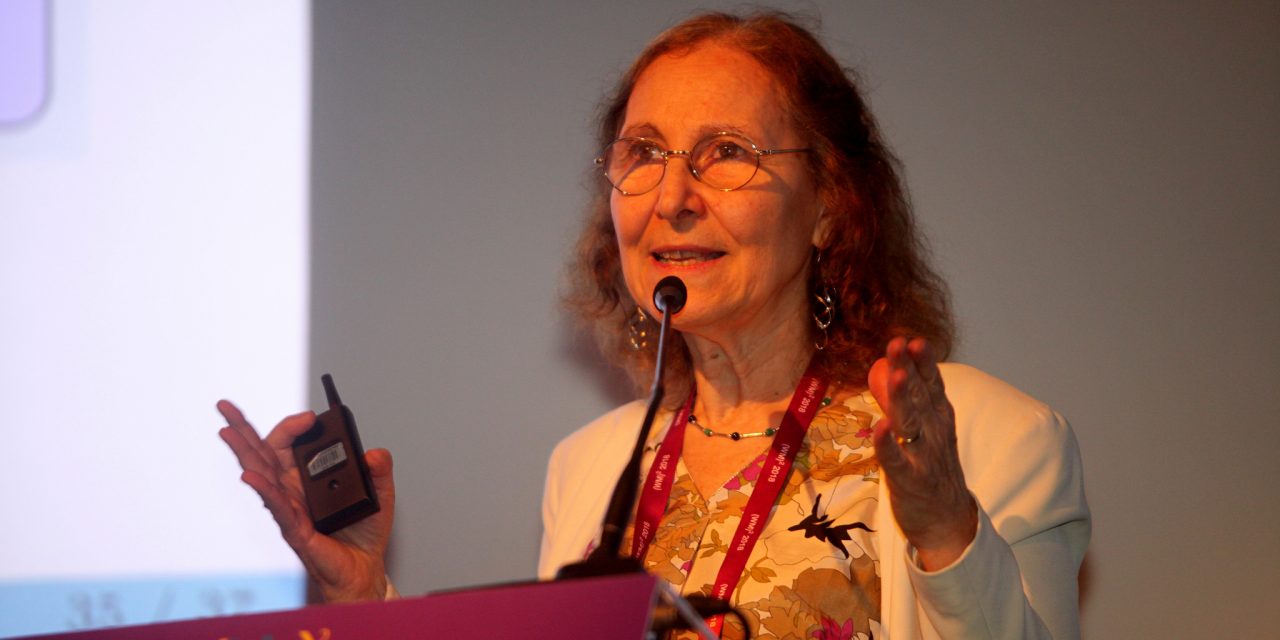July 31, 2018, 1:39 pm

A challenge changed the direction of Alicia Dickenstein´s research in math.
Fifteen years ago, Dickenstein was walking down the hallways of the Math Sciences Research Institute at Berkeley University when a colleague challenged her to prove a theory related to applied math. At the time, her work focused on commutative algebra.
Read more:
“He wanted me to prove the theorem but I had no idea what it was about,” said Dickenstein, who won the Twas prize in mathematics in 2015.
Now Dickenstein, a full professor at the University of Buenos Aires in Argentina, is a research leader in the field of mathematics that uses algebraic geometry in pure and applied mathematics–specifically biological systems. She presented her work at the first-ever World Meeting for Women in Mathematics, which took place one day before the start of the 2018 International Congresso of Mathematics.
“Algebro-geometric and combinatorial methods allow us to predict (some) dynamical behaviors of four model from its structure, without simulations and without knowing the precise parameters,” said Dickenstein, is also the principal researcher at the National Scientific and Technical Research Council in Argentina. Dickenstein is also serving a four-year term as the Vice President of the International Math Union until the end of 2018.
The main goal of systems biology is to understand the design of living systems. Algebraic geometry can be used to analyze the standard models in this field.
“The main goal is the analyze mathematical models aising from biochemical reaction networks, formalize and make sense of biologist´s intutitions, and make predictions from the structure of the network,” Dickenstein said.
Dickenstein is Argentinian, so it should be no surprise that the main framework she and Mercedes Perez Milían introduced to describe some biological systems is called Messi Systems (yes, after the Argentine football player Lionel Messi). Messi stands for Modifications of the type-Enzyme-Substrate or Swap with Intermediates. The Messi system allows for researchers like Dickenstein to prove general results valid in all these networks.
This area of math research area has matured so much in recent years that the SIAM Journal on Applied Algebra and Geometry (SIAGA) was created in 2016. Dickenstein invited audience members to submit to the journal. Dickenstein is the editor-in-chief of the Magazine of the Argentinian Math Union, which publishes articles in all areas of pure and applied mathematics.
Dickenstein is also the author of a mathematics books for young children – Mate max: la matemática en todas partes.